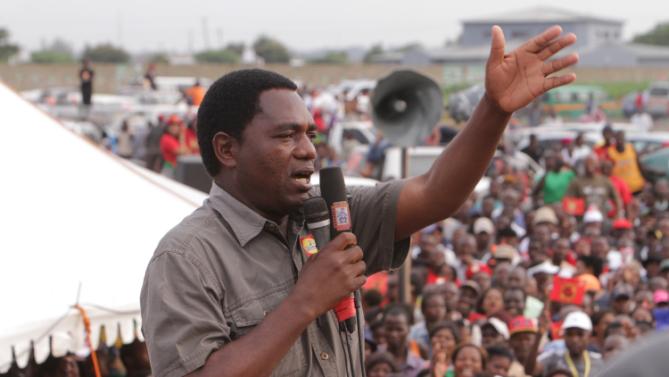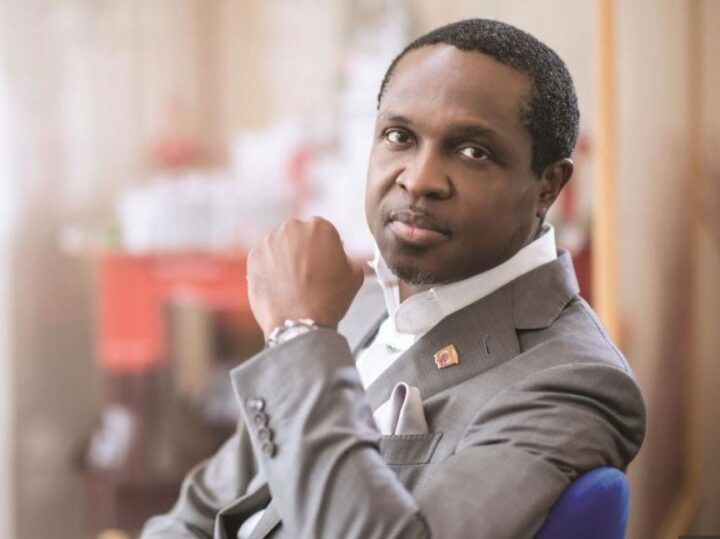BY GILBERT ALASA
“Work implies not only that somebody is supposed to do the job, but also accountability, a deadline and, finally, the measurement of results” – Peter F. Drucker
Few years ago, I was part of a team managing a PR campaign for a pan-African brand. At the outset, everything looked all prim and perfect. With sheer optimism, we anticipated a campaign that delivers on its promise; one that puts smile on the faces of everyone. But when the reports started rolling in, that excitement faded quickly. Despite the success recorded by the campaign, much of what was contained in the report was a deluge of activities, not value.
The media relations segment was the most disturbing. The PR agency that handled that aspect of the campaign felt the best they could do to justify their client’s spend was to send in press clippings and weblinks to online media mentions, leaving the business owner at the mercy of vague assumptions of whatever value was created by the engagement. It is like telling a club owner his side played excellently, and forgetting to mention that the team won the match – which is even more important!
Most PR agencies are still stuck to these old practices, oblivious of the enormous, and sometimes crushing, pressure on brand managers to justify every kobo expended on a campaign. Yet, this pressure is justifiable, considering the lean management models adopted by many organizations to streamline their operations and drive efficiency.
Advertisement
Rather than offer a compelling argument to justify PR spend, many practitioners do not take performance measurement seriously in a world where a sizable number of business owners still struggle to accord PR the regard it deserves. For such business people, PR is no more than a propaganda machine, a hummingbird whose wing beats take more energy than necessary. Such misconceptions are the reasons most people limit PR to media relations, and sometimes, journalism – as naive as that sounds. Until there’s a major crisis where strategic communication is needed to meander the labyrinths and longitudes of a crisis, such business owners never take PR seriously.
However, in reality, this is not what PR is all about. And failure by practitioners to properly articulate the sum and substance of their profession and the larger impact it offers to society form the basis for public scepticism, and sometimes, undue media apathy by management who sees PR spend as resources thrown out of the window.
But while we cannot deny the age-long difficulty in measuring PR – outside the vague Advertising Value Equivalents (AVE) or impressions, media agencies must begin to explore multiple valuation metrics to measure the effectiveness of PR campaigns. Using a one-size-fits-all approach to evaluate PR activities, as is the practice in various agencies, can be counter-productive. For instance, the same metric used to measure public understanding and reception of a critical government policy is not the same way a regular brand awareness campaign is measured. Same with a crisis communication campaign or stakeholders engagement.
Advertisement
This fixation on outdated reporting frameworks reflects a wider skills gap within the profession which makes PR seem like an activity rather than a value creation tool for businesses. Still, there’s a way out of this woods. As media consumption patterns evolve, thanks to media fragmentation and the subsequent changes in engagement dynamics, media agencies need to urgently grow their capacity to ride the crest of this digital shift and reinforce their relevance in the bigger picture of a business. This explains why practitioners, beyond the traditional PR tactics, should begin to invest in knowledge of emerging areas such as Big Data, Artificial Intelligence, Content Marketing, Analytics, etc.
Already, studies are pointing to a future where the lines between public relations and marketing will be blurred, and the emergence of the orchestra-conductor phenomenon. While this does not in anyway signify the death of public relations, it remains a testament to the fast-paced evolution of the industry and why players need to acquire new skills and knowledge or risk extinction.
PR practitioners must begin to re-imagine how campaigns are measured, taking into cognizance these emerging realities. And most importantly, PR professionals must begin to make conscious efforts to demonstrate how PR supports the organization’s overall strategic objectives. This entrepreneurial mindset, which puts the end in mind, should form the basis of how PR players approach every assignment. After all, organizations exist to create economic value, and any activity that does not clearly accentuate this objective is deemed as waste.
And PR is not!
Advertisement
Gilbert, a Media & Communications Professional, writes from Lagos
Twitter: @lasagasy
Views expressed by contributors are strictly personal and not of TheCable.
Add a comment






